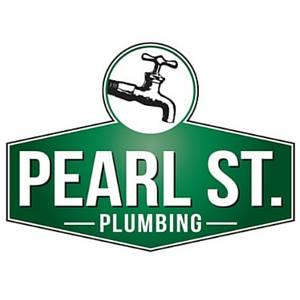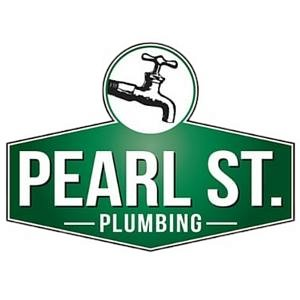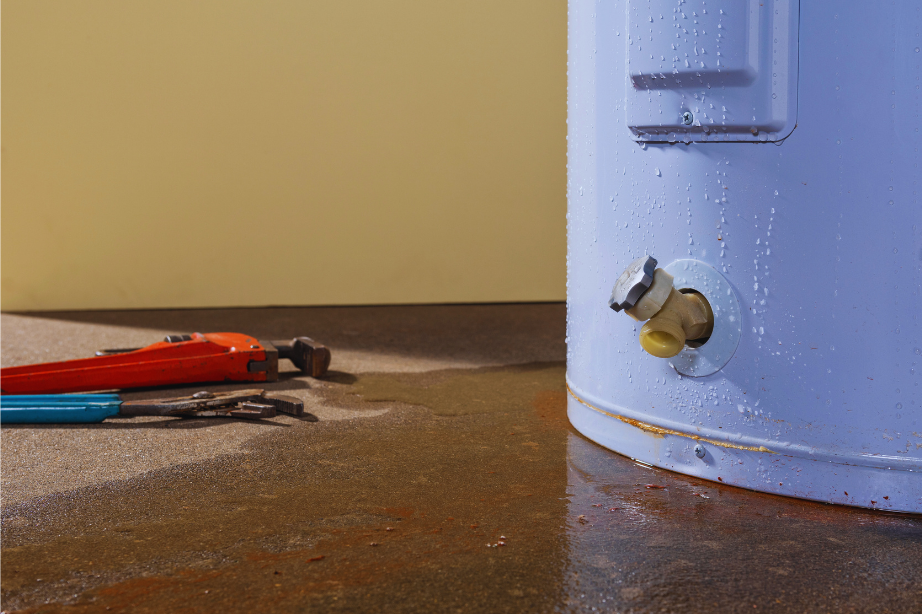Water Heater Problems
Let’s be honest — we don’t usually think about our water heaters until they’re throwing a tantrum. Suddenly, no hot showers, weird noises, or mysterious puddles. And then it hits us: how long has this been going on? Your water heater is that quiet hero of your home, working tirelessly behind the scenes. When it starts acting up, it’s like it’s trying to tell you something’s wrong. So, how do you know if it’s just a little hiccup or a full-blown emergency? Well, here are the top five signs that your trusty water heater might need some TLC — or even a full repair.
1. Insufficient Hot Water
Ever had a shower that’s just... lukewarm? Or maybe it’s downright cold? That’s usually the first clue that something’s off. If your hot water supply is suddenly inconsistent or runs out faster than it used to, your water heater might be on the fritz. It’s frustrating, isn’t it? Especially when all you want is a relaxing soak after a long day. But here’s the thing — it could be sediment buildup clogging the system, or the heating element might be failing. Either way, it’s a sign you shouldn’t ignore.
2. Strange Noises
Ever hear rumbling, banging, or popping sounds coming from your basement or utility closet? No, your water heater isn’t auditioning for a horror movie. These noises are often caused by sediment settling at the bottom of the tank, which then overheats and causes these popping sounds. It’s like your water heater is trying to tell you, “Hey, something’s not quite right here.” If you hear this, it’s a good idea to get a professional to check if sediment removal or other repairs are needed before things get worse.
3. Discolored or Smelly Water
Discolored or smelly water isn’t just gross—it’s a sign that corrosion or bacteria might be taking hold inside your tank. Rusty water, for example, can mean the tank's lining is breaking down. And if your hot water smells like rotten eggs? That’s usually a sign of bacteria thriving in the tank, often due to a lack of maintenance. Honestly, this can be unsettling—nobody wants to bathe in water that looks or smells off. So, if your water is cloudy, brownish, or has an odd odor, it’s time to call in a pro.
4. Leaking or Dripping
Here’s a sobering reality — if you notice water pooling around your heater or see visible leaks, your water heater might be on its last legs. Leaks can be caused by corrosion, high pressure, or faulty valves. Whatever the cause, they’re often a sign that internal components are failing. You might think, “It’s just a small drip,” but before you know it, that drip could turn into a flood. Don’t wait until your basement turns into a mini lake. Address leaks promptly to prevent further damage and costly repairs.
5. Frequent Pilot Light or Heating Issues
If your water heater has a pilot light, and it keeps flickering out, or the heater just won’t stay heated, it’s a red flag. Sometimes, it’s a simple fix like a thermocouple issue, but other times, it can be more serious. Constant cycling or failure to produce hot water can also indicate thermostat problems or heating element failures. It’s like your heater is throwing up its hands, saying, “I can’t do this anymore.” This is a clear sign you should get an expert to diagnose and repair the issue before it turns into a total breakdown.
Don't Ignore The Signs
Your water heater might be the quiet workhorse of your home, but it’s not invincible. These signs aren’t just inconveniences — they’re red flags that demand attention. Ignoring them can lead to bigger, more expensive problems down the road. Think of your water heater like your favorite appliance — when it’s acting up, it’s best to get a professional to take a look. After all, no one wants to be caught without hot water on a cold morning or find their basement turned into a swimming pool.
So, next time you notice any of these signs, don’t shrug it off. A quick call to a licensed plumber could save you a lot of trouble—and money in the long run. Your future self will thank you for catching these issues early. Trust me, a little prevention goes a long way, especially when it comes to keeping your home running smoothly.


